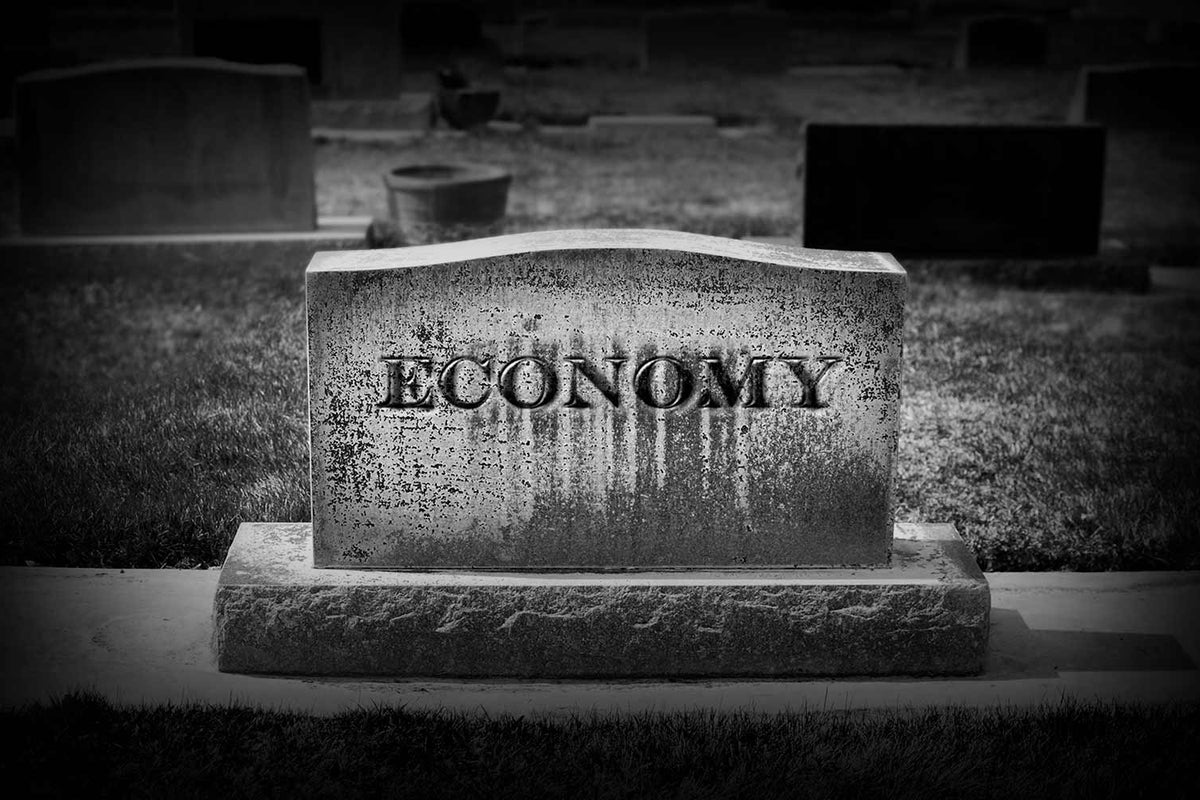Navigating Through Misguided Perceptions to Grasp the True State of the Economy
Recent economic trends have come as a shock to many, but the signs of distress have long been evident. A notable absence of financial literacy among the general population has clouded the real understanding of these signals, which has hindered the public’s ability to prepare for upcoming financial challenges. It is essential that the truth be widely understood to enable effective adaptation and eventual prosperity in the face of these challenges.
The year 2021 saw a dramatic rise in inflation following extensive pandemic-related expenditures, with no significant change in fiscal policy on the horizon. This surge is not just a temporary blip but a harbinger of prolonged inflationary pressure. The repercussions have been felt deeply by American households, with an average increase in annual expenses by over $7,000, illustrating a clear decline in purchasing power and a standard of living.
The abandonment of the gold standard in 1971 marked a pivotal shift, allowing the government to print money at will, leading to a devaluation of the dollar. The misconception that creating more money could lead to universal wealth is a misunderstanding that neglects the basics of economic inflation. The stark increase in the money supply by 40% in response to COVID-19 has resulted in a 20% loss in buying power for Americans, demonstrating a stark inflationary impact on everyday financial realities.
These insights reveal a troubling scenario where despite the glaring signs of economic distress, there remains a significant portion of the population unaware of the gravity of the situation due to a lack of financial education. This gap in understanding necessitates proactive educational measures and fiscal prudence to mitigate the effects of what could become a more severe economic downturn. As inflation continues to erode purchasing power, it becomes imperative for individuals and policymakers alike to foster a more financially literate society that can engage with economic challenges more competently and sustainably.

